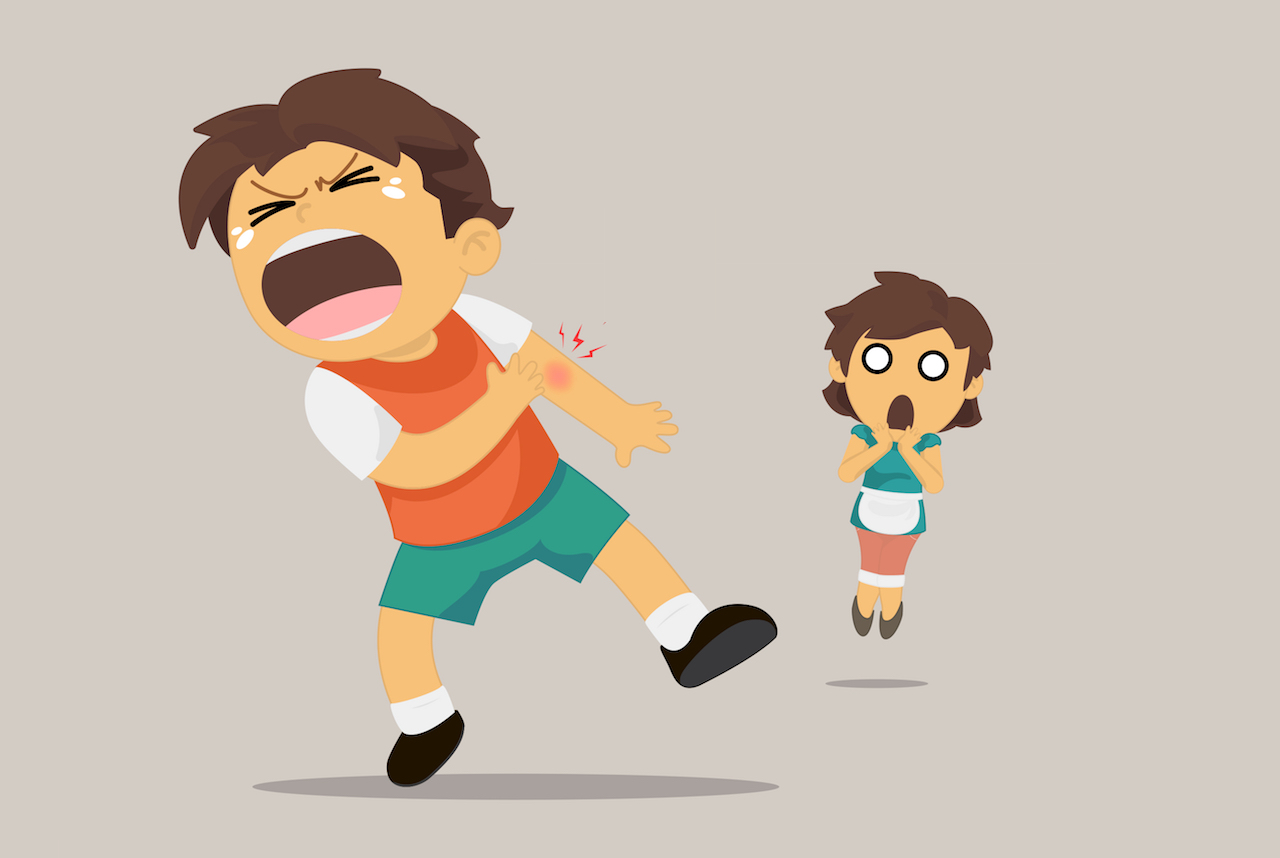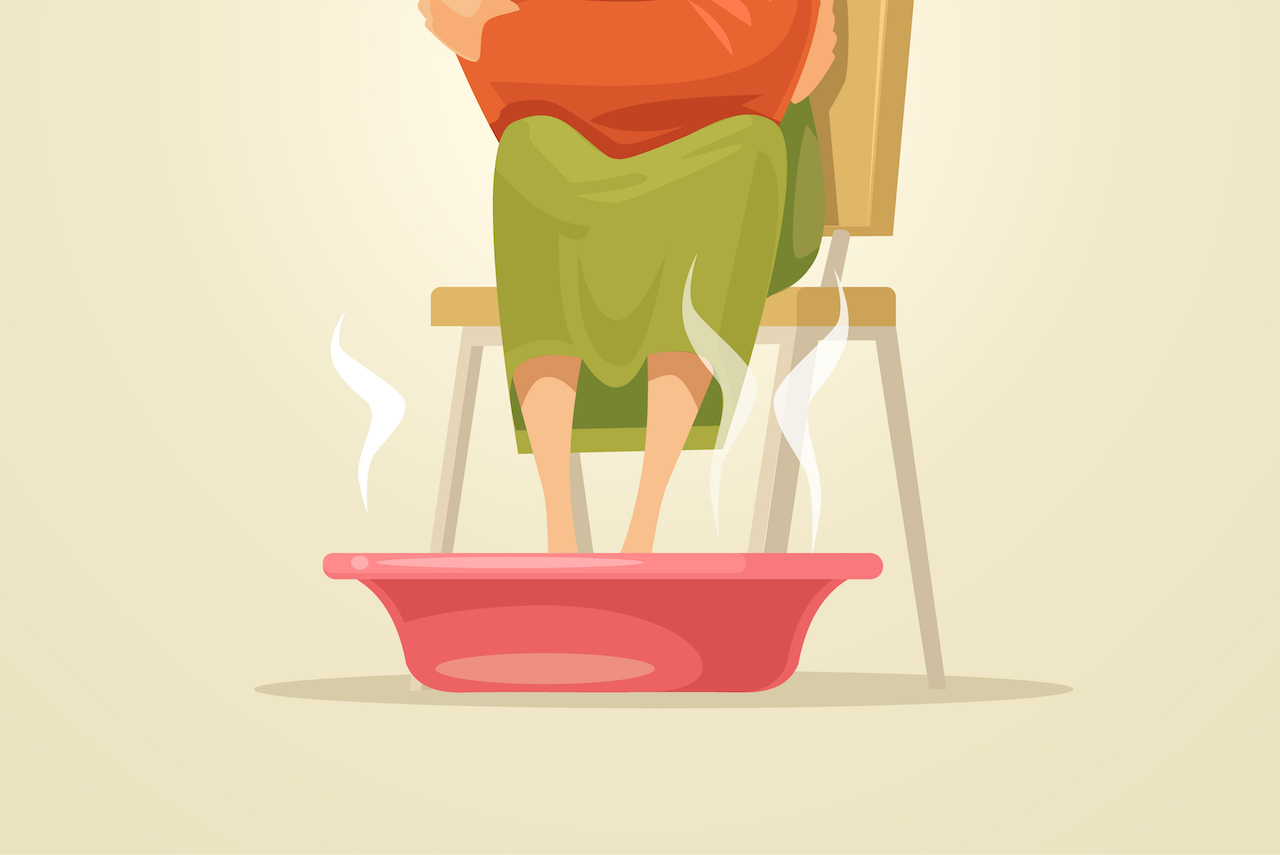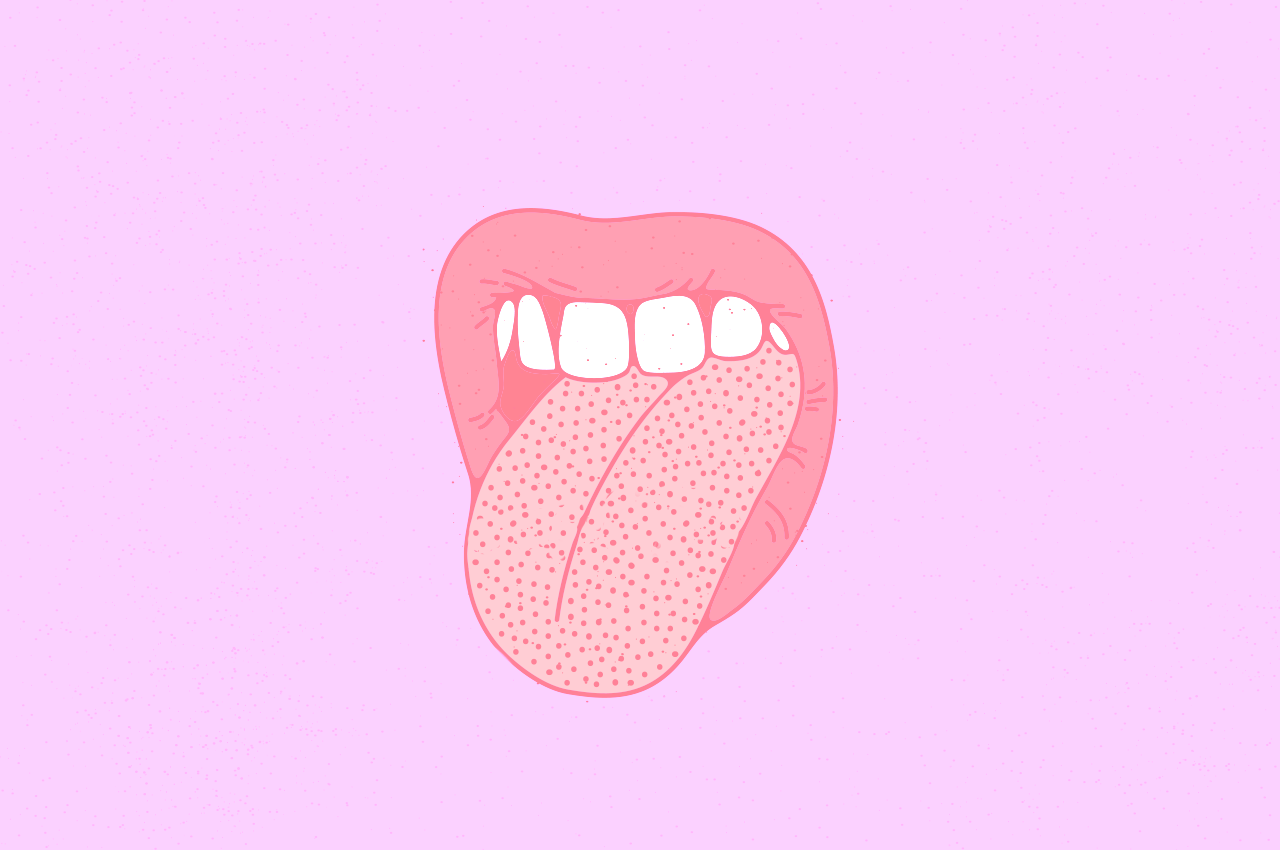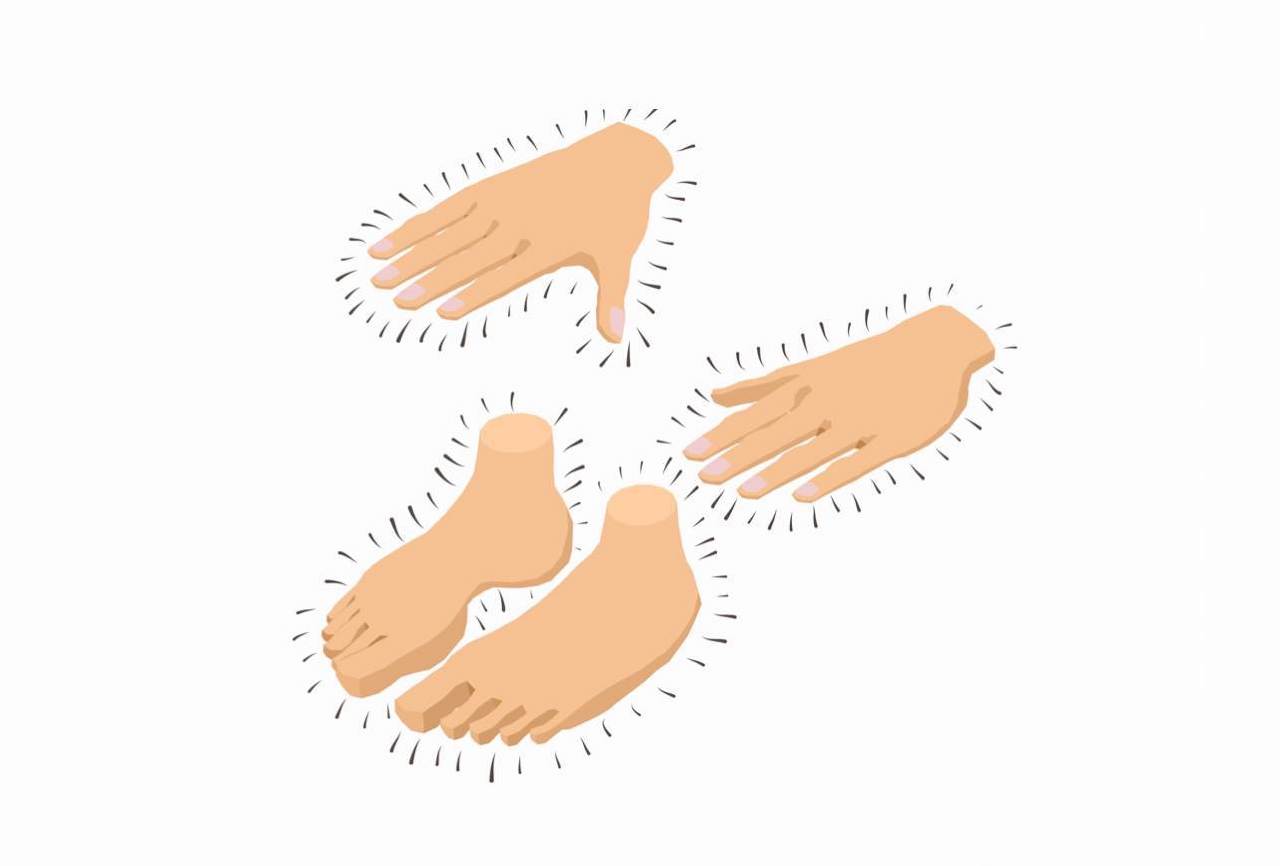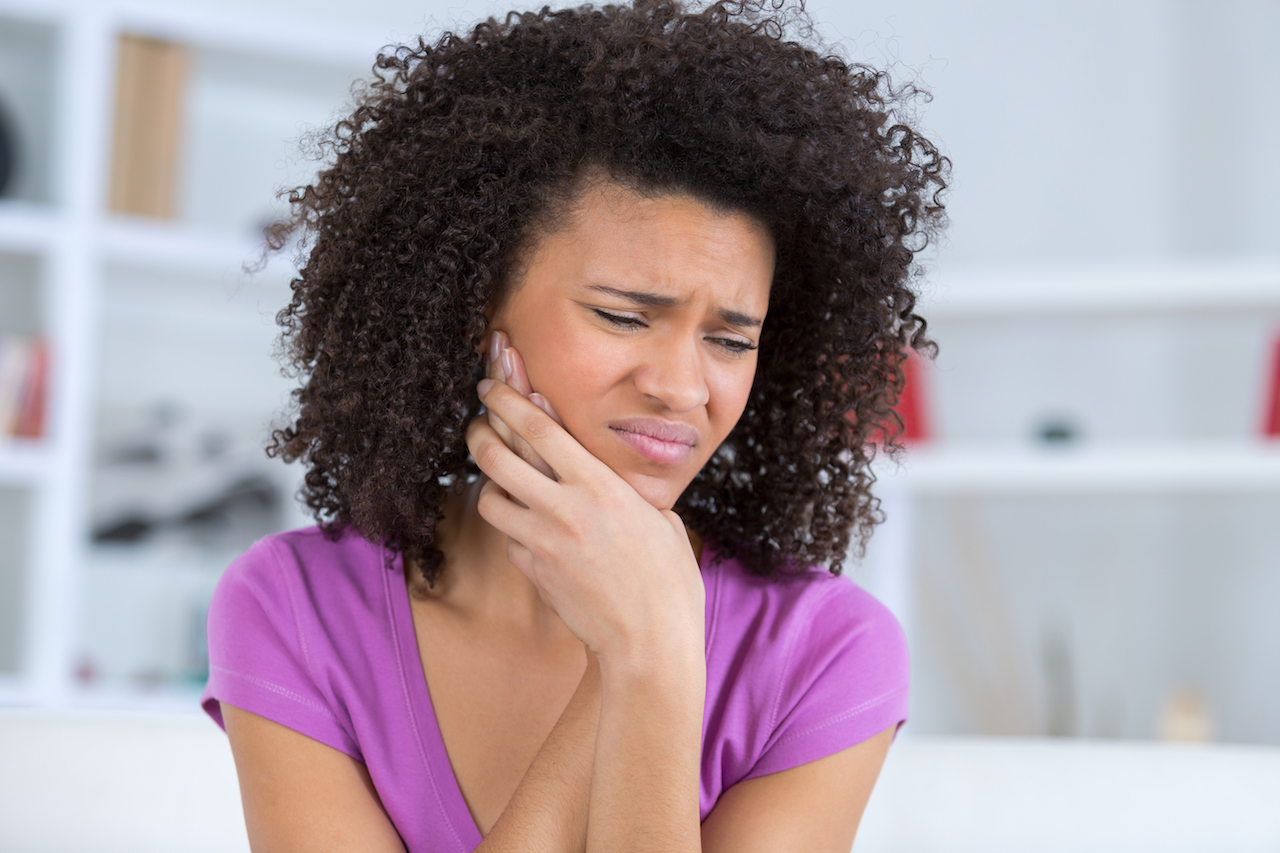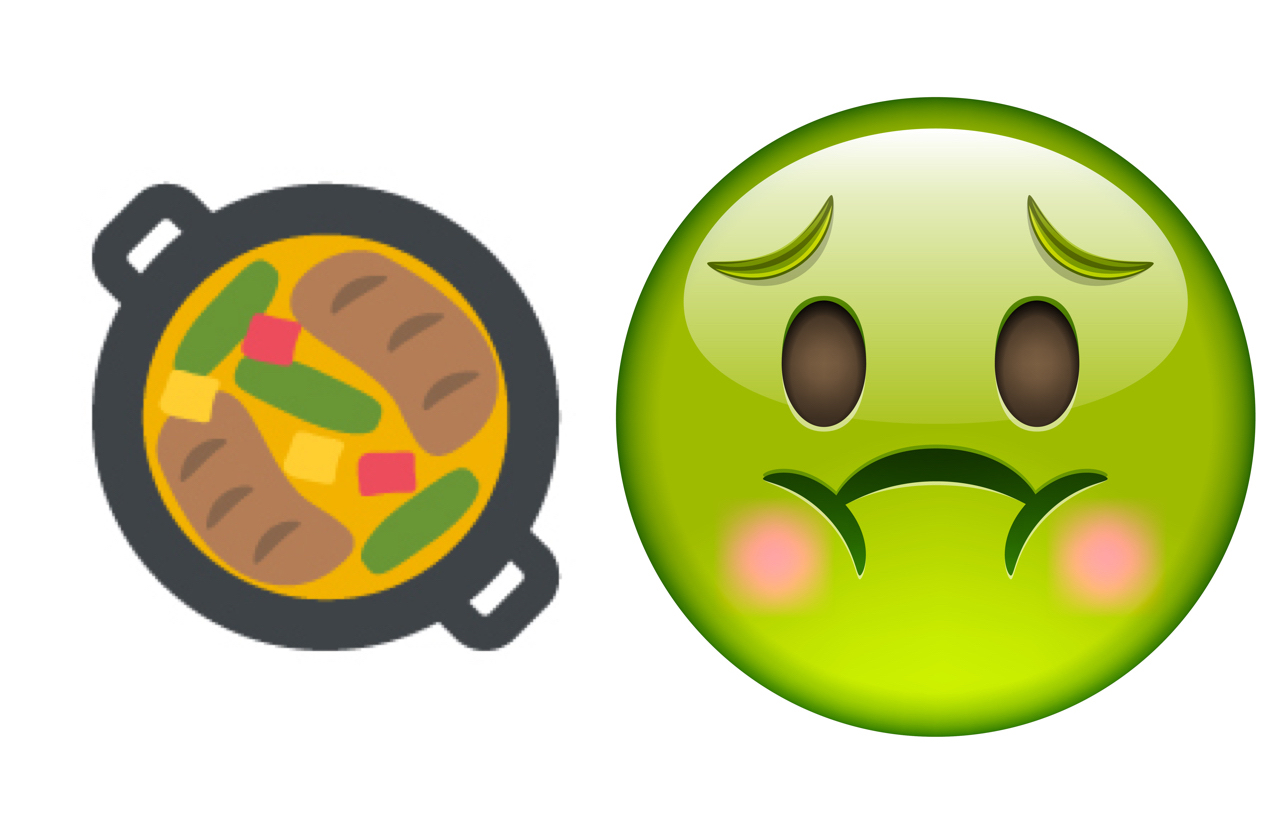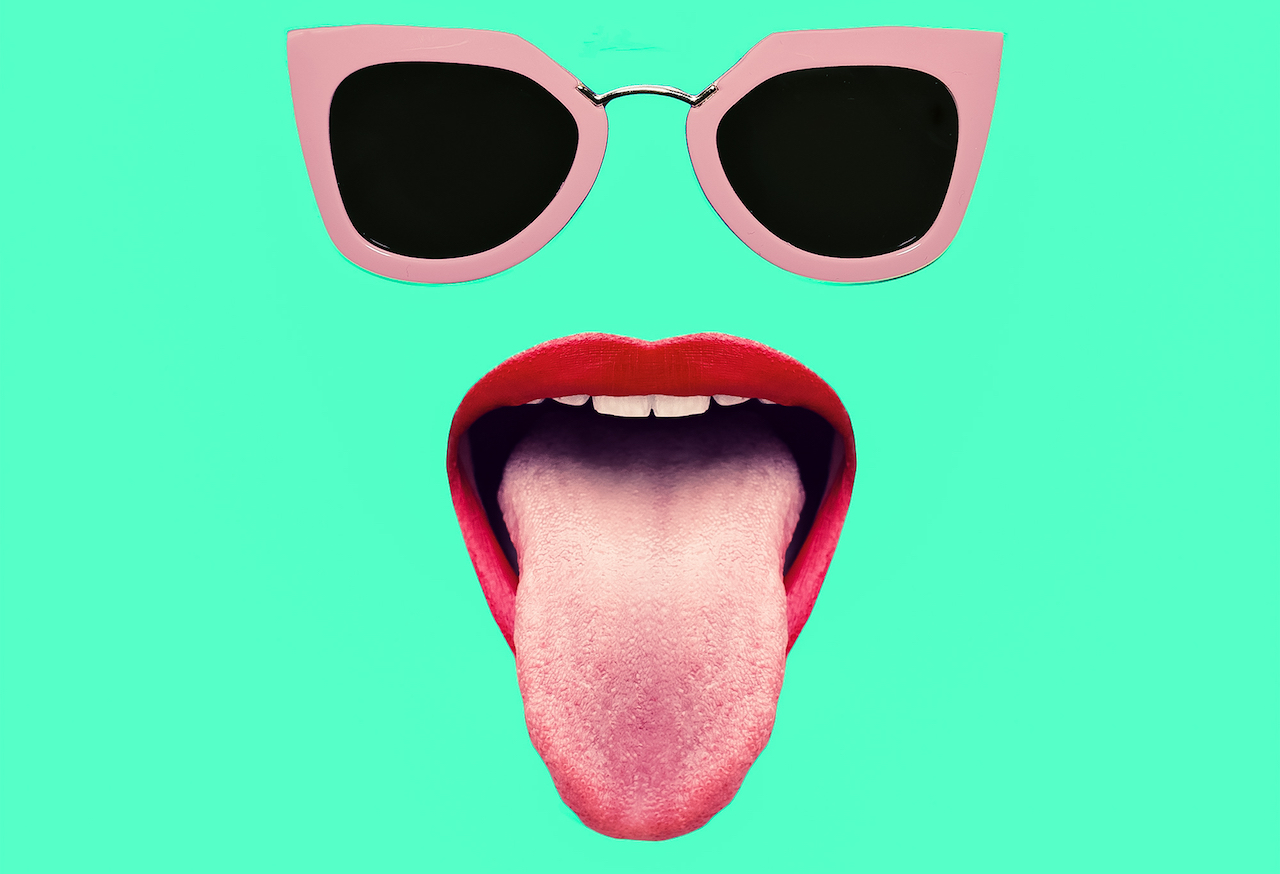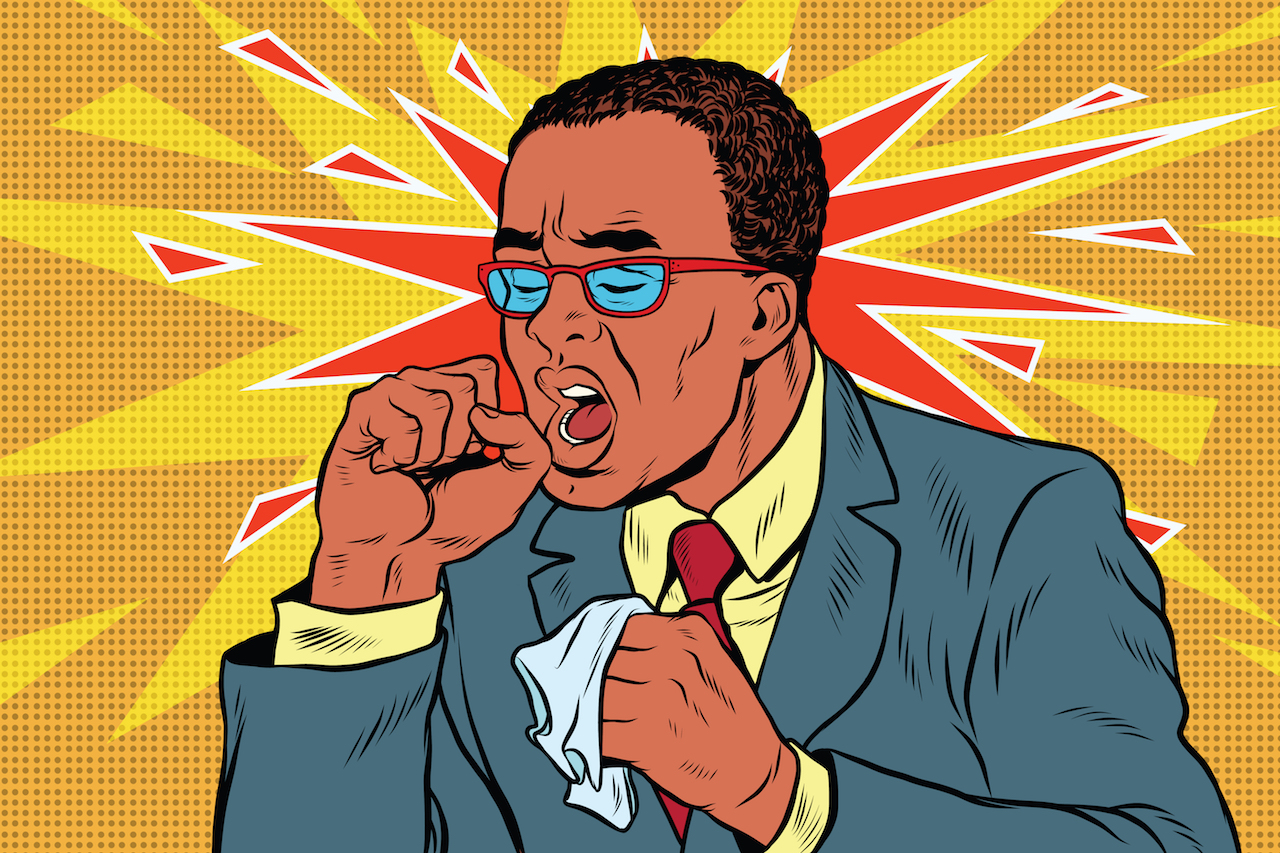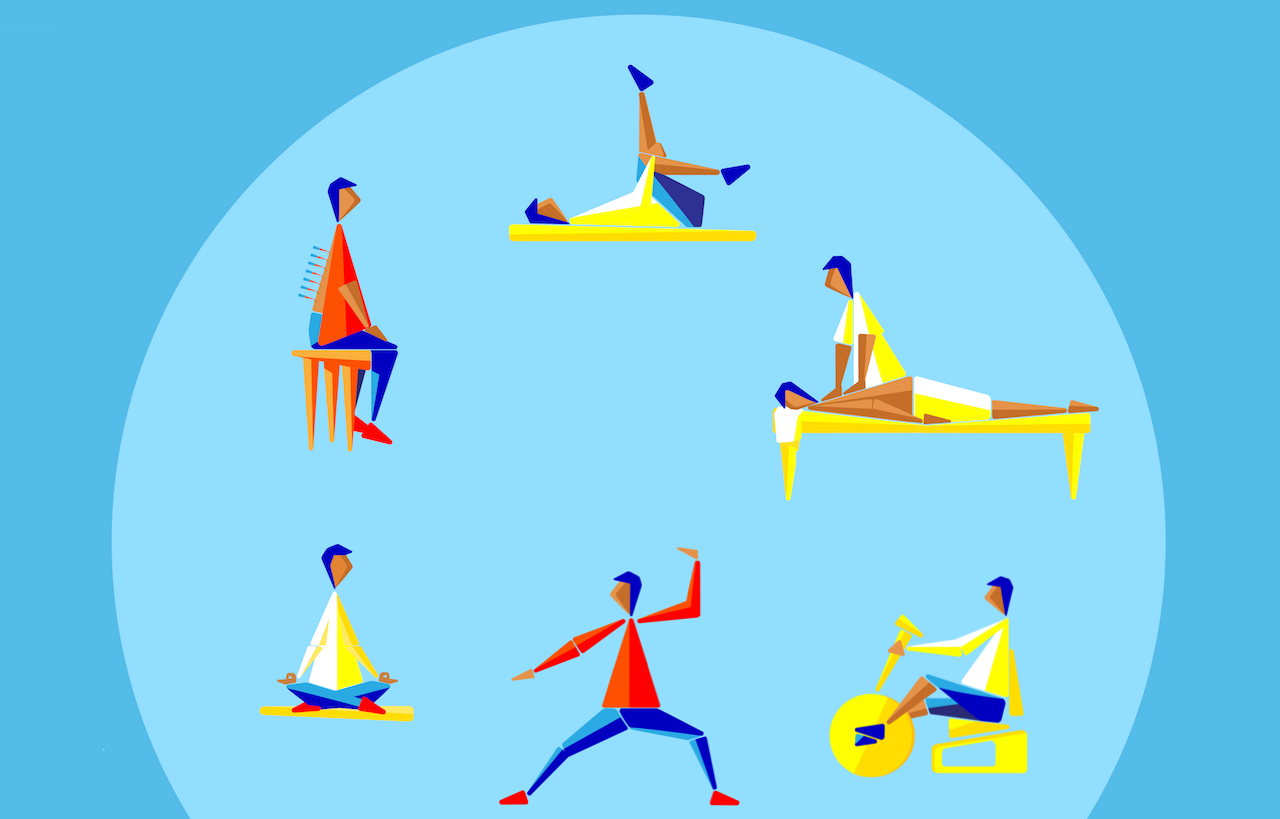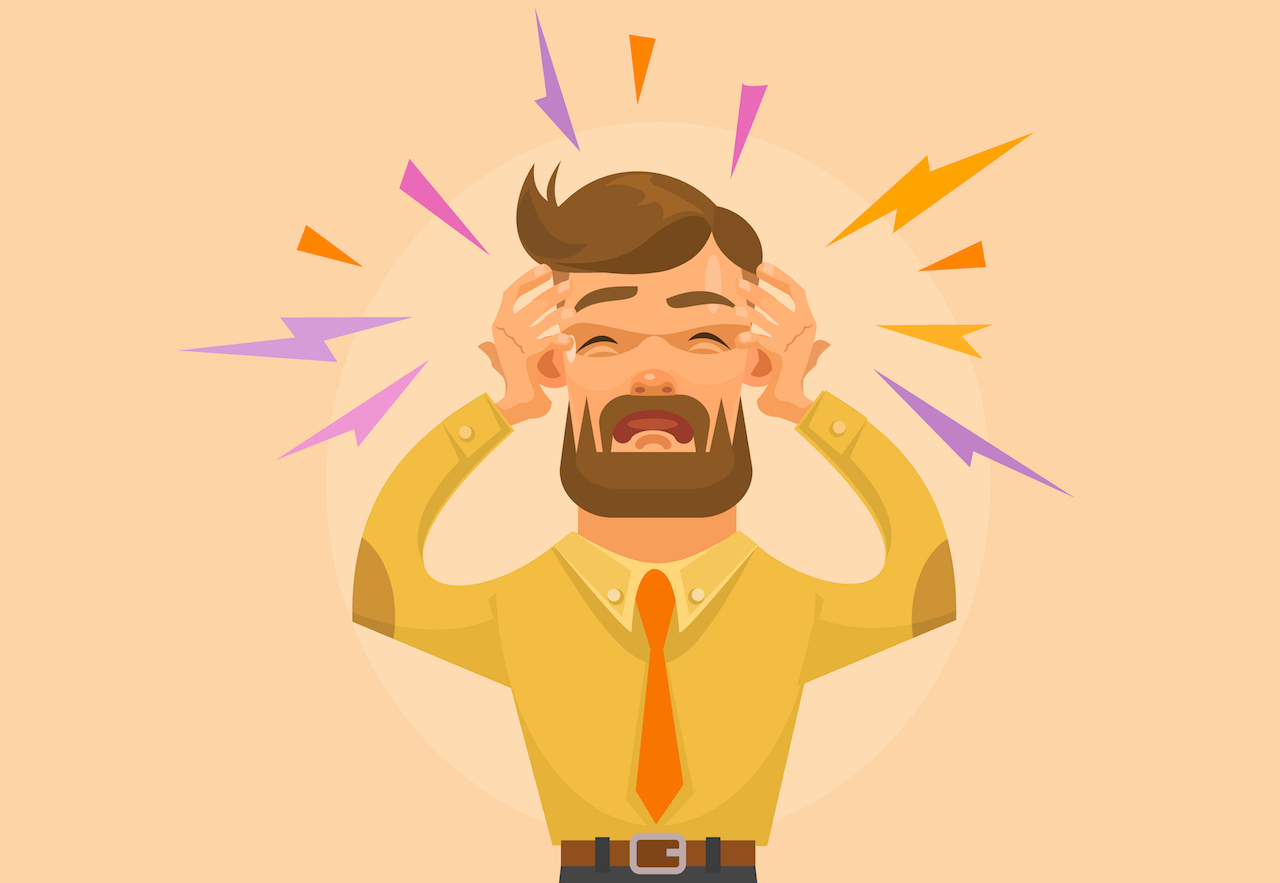Waking up with a pounding headache is not a great way to start the day. Headaches are very common. In fact, research shows that tension headaches and migraines are the second and third most prevalent disorders in the world.
But just because they’re common doesn’t mean headaches can’t be incredibly debilitating.
Headaches and sleep disorders
According to the American Migraine Foundation, nearly half of all migraines happen between 4am and 9am. In many cases, these throbbing headaches (often accompanied by nausea and visual disturbances) are caused by sleep disorders.
Doctors know, for example, that there’s a strong relationship between obstructive sleep apnoea, snoring and morning headaches. In fact, it’s estimated that at least 50% of people who wake up with headaches might have sleep apnoea.
This sleep disorder causes breathing to repeatedly stop and start while you sleep. As a result, less oxygen makes its way to your brain, making the blood vessels widen.
“This may present as a migraine, tension-type or other headache,” says the Migraine Foundation. “The key features are the timing of the headache and tendency to come on during, or shortly following sleep. To wake up in the morning often with a headache suggests the need to assess sleep as a cause.”
Apart from sleep apnoea, other possible reasons for morning headaches include:
- Insomnia, a sleep disorder, which involves difficulty falling or staying asleep, waking up early and/or not feeling refreshed when you wake up.
- Chronic obstructive pulmonary disease (COPD), like chronic bronchitis or emphysema. If you have COPD, your headaches may be the result of a build-up of carbon dioxide in the blood from breathing difficulties while you sleep.
- Psychiatric disorders like depression and anxiety, which may interfere with your sleep.
- Teeth grinding (bruxism). Your jaw muscles tighten when you grind your teeth at night, causing pain in the jaw. This pain can travel to the skull, bringing on a headache when you wake up.
- Many medications including antidepressants, corticosteroids and pain killers can interfere with your sleep patterns, leading to a headache or migraine.
Banish morning headaches
- Stick to the same sleep and wake times.
- Limit electronic devices in the bedroom.
- Make sure your bed and pillows are comfortable.
- Your bedroom should be quiet, dark and not too cold or too warm.
- Exercise most days of the week.
- Try to relax close to bedtime (e.g. take a bath and read).
- Eat your supper early in the evening.
- Limit daytime naps.
- Don’t drink caffeinated drinks after 4 pm.
- Drink less alcohol.
- Quit smoking.
Other important steps include managing day-to-day life stresses as best as you can, using your medication exactly as prescribed, and maintaining a healthy weight. Being overweight is one of the main risk factors for obstructive sleep apnoea.
Beat the pain
If the headaches persist, see your doctor to get a proper diagnosis. The treatment will ultimately depend on the underlying cause. In the meantime, over-the-counter remedies, like paracetamol or Ibuprofen should offer relief. Remember to drink enough fluids throughout the day and to eat regular, balanced meals.
References
- https://link.springer.com/article/10.1007%2Fs11916-014-0468-6
- https://www.ncbi.nlm.nih.gov/pmc/articles/PMC4478186/
- https://lunginstitute.com/blog/morning-headaches-with-copd/
- https://www.ncbi.nlm.nih.gov/pmc/articles/PMC4887397/
- https://americanmigrainefoundation.org/resource-library/sleep/
- https://www.mayoclinic.org/diseases-conditions/obstructive-sleep-apnea/symptoms-causes/syc-20352090
- http://www.sleepreviewmag.com/2017/04/headaches-related-sleep-apnea/
- https://www.medscape.com/viewarticle/882083
- https://www.alaskasleep.com/blog/signs-you-might-have-sleep-apnea
- https://americanmigrainefoundation.org/resource-library/sleep-insomnia-migraine/
- https://www.nhs.uk/conditions/headaches/



